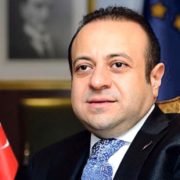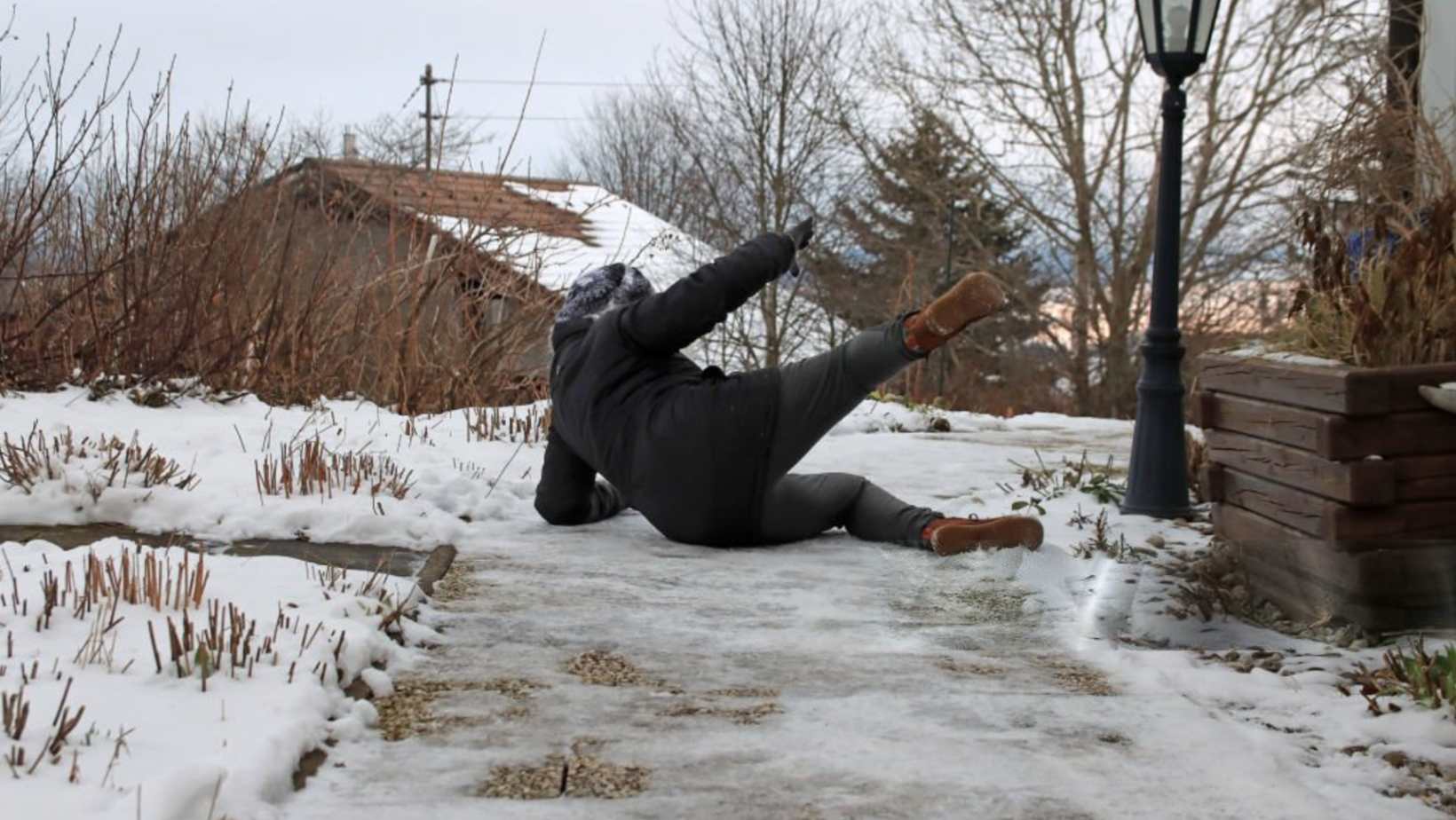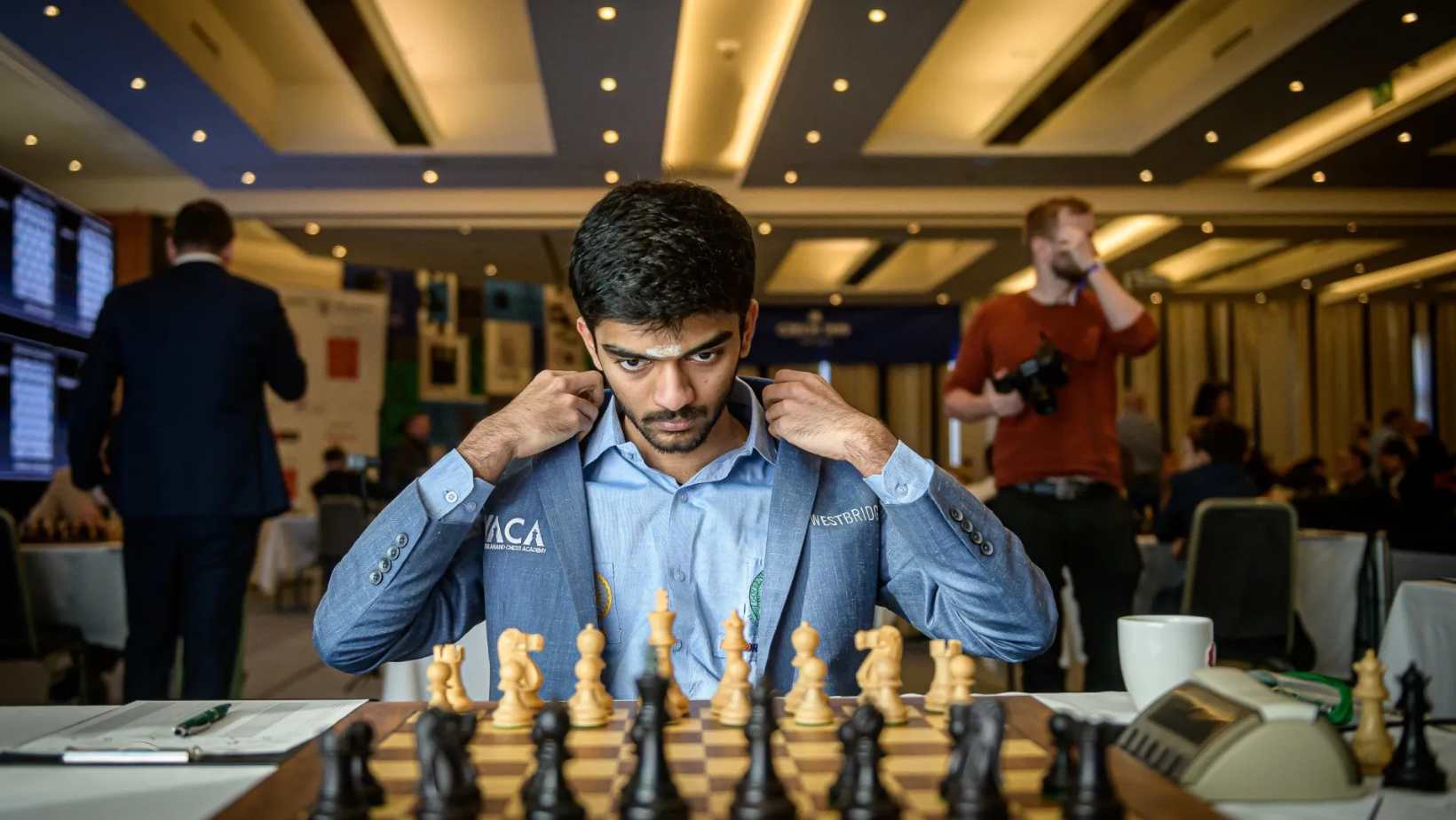Ambassador of the Republic of Turkey to the Czech Republic Egemen Bağış released a statement following Armenian Ambassador’s comments published on Prague Morning on 25 May 2020.
“As Ambassador’s comments contain serious accusations against Turkey, we kindly request you to publish below statement in Prague Morning for the sake of fairness and objectivity,” says Mr. Bağış.
“The Embassy of the Republic of Turkey strongly condemns the Armenian Ambassador’s statement published on Prague Morning on 25 May 2020. The United Nations deplores the hate speech as well as inciting hatred against individuals or groups based on race or ethnic origin, religion, disability, gender, and age. What was done by the Armenian Ambassador is a publicly announced incitement to hostility. These efforts aiming at spreading prejudice and baseless fear among the people against certain people, be it Turks and other nation, are prohibited by international rules, norms, and standards. The comments amount to a flagrant violation of our common responsibility to promote tolerant societies and reveal a clear sample of online hate speech. We strongly denounce the efforts to try to smear Turkish people with unfounded claims and 18th-century stories,” says the Ambassador.
“Turkey strongly rejects the accusations such as those of Armenian Ambassador and the group of Czech Senators that historical events of 1915 constituted a genocide. We reiterate that attempts to define a historical issue in line with politics and the interest of certain circles cannot be accepted,” he adds.
“The Armenian Ambassador’s comments are self-explanatory and they constitute a very clear example of Armenian hatred which poisons minds at many corners of our globe at a time when we need harmony, solidarity, and peace more than ever. We regret that those who benefit from hatred cannot be cured and always act as hate merchants,” he concludes.
The Embassy would like to emphasize below facts:
i. In 1923, responsibles of war crimes committed in Anatolia were found within the invading Allies. The Lausanne Peace Treaty of 24 July 1923 and its clauses included a clause on acts contrary to the laws of war and a recognition of the obligation to make reparations (Article 59). Yet there was no mention of a single related issue here or elsewhere, let alone, of a crime or an offense which pertained to any act of the Ottoman Empire of the time.
ii. From 1973 to 1985, terror waves of Armenian terror organizations which claimed tens of lives of innocents to include Turkish diplomats, their family members and the citizens of various countries are unforgivable acts, no one can assume to be left to oblivion. All these terrible acts were committed to introduce the allegations of an “Armenian genocide” embedded in them after a lapse of a half a century.
iii. The crime of genocide is a strictly described legal concept as defined in the 1948 United Nations Convention on the Prevention and Punishment of the Crime of Genocide. Specific criteria are stated in the said Convention as to the existence of concrete evidence, a verdict of a competent court and an intent to destroy which were observed in the cases of the Holocaust and the genocides in Cambodia, Rwanda and Srebrenica. Therefore, defining the events of 1915 as “genocide” is against international law.
iv. The absence of academic or political consensus on the events of 1915 is a fact, which also found its reflection in international law. The decisions of the European Court of Human Rights in 2015 in Articles 173rd and 231st) and in 2017, clearly establish that events of 1915 can not be attributed a meaning further than a historical controversy.
v. Millions of Muslims perished or exiled in the years 1911 to 1923 that witnessed an unprecedentedly painful disintegration of the Ottoman Empire as all parts of it had become the theaters of war. The spirit of our times require a different language as was in the letter of our President to Armenian Patriarch of Turkey sent on 24 April 2020 which has shared the common sufferings.
vi. Having opened its official archives for that period, since 2005, Turkey has been proposing the establishment of a Joint Historical Commission between Turkey and Armenia, together with other interested third parties, that would study 1915 events. This proposal has been consistently avoided by Armenian side until now.
-
NEWSLETTER
Subscribe for our daily news











